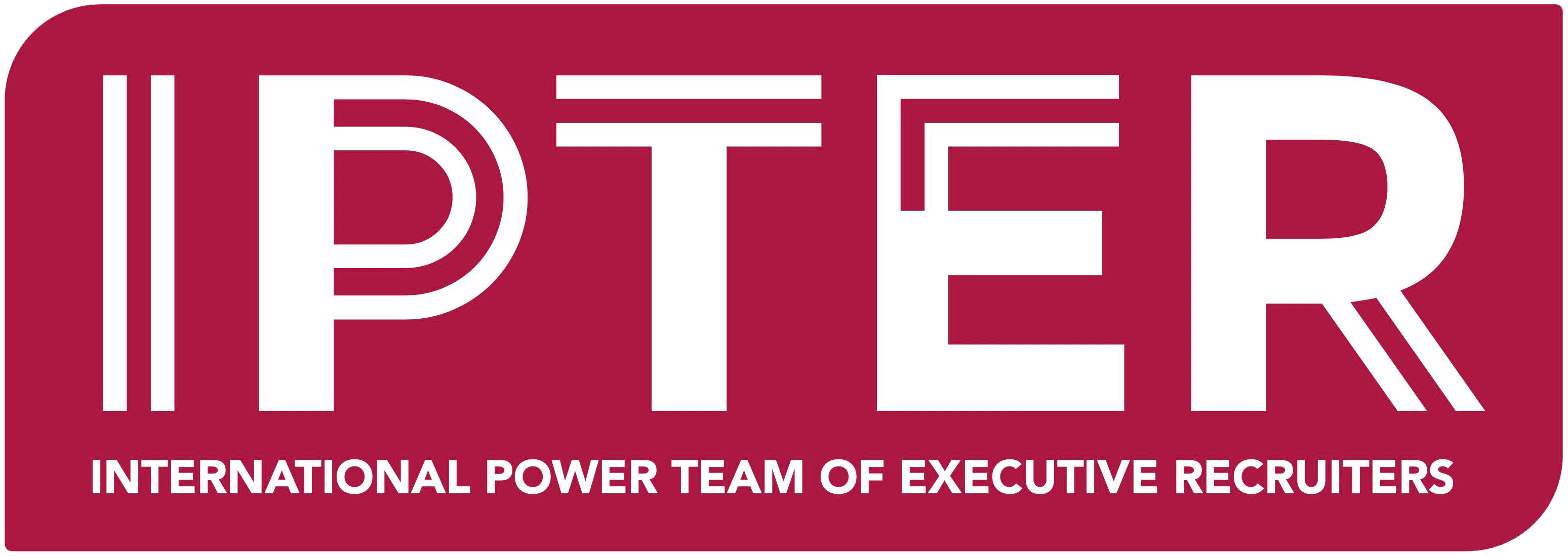You’ve most likely heard the term, “The Great Resignation”. With so many open roles and candidates, it almost sounds like a dream come true. Except, it isn’t If you are currently recruiting you know what a tough labour market we are in, and that the talent competition is heating up. What can you do to make you stand apart- give you that competitive edge?
It’s all in your approach to recruiting. Transactional or Consultative.
The Transactional vs Consultative approach to recruiting
A transactional recruiter tends to focus on the present moment with a focus on speed. Their time and efforts are dedicated to internet searches, email, or high-volume cold calling. This approach tends to focus on targeting active candidates, working with the existing labour market, and typically only provides partial insight into the candidate or the employer’s needs.
A consultative recruiter offers a mix of both active applicants and urgent hires depending on the project. Their style is more consultative, “selling the opportunity” while targeting the passive candidate market. In this approach both active and passive candidates are contacted, they offer industry and market insights to both parties, and are focused on developing long-term partnerships.
There’s value in both recruiting styles. Sometimes, transactional recruiting can be very successful, providing people with opportunities when they most need it or assisting with high-volume projects. However, what turns out to be a benefit-namely speed, often requires more planning and work in the long run.
Relationship-based recruiting, with its personal touch and insights into candidates, means they can see candidates’ needs beyond just compensation and responsibilities and offer more long-term strategic solutions. This approach tends to develop into a partnership, where the recruiter can supply a constant stream of top-level candidates, rather than just the “one-off” hires.
Why hire a Consultative Recruiter?
They understand how the current trends in the industry impact both the candidate and the client
If you can’t put yourself in the shoes of the candidate then you won’t understand what factors are impacting their decisions, what elements of the role will sway them, and where their true priorities lie.
By getting an up-to-date and meaningful perspective on the recruitment climate, a consultative recruiter offers a more customized approach than a transactional recruiter. By reading newsletters, blogs and actively participating in recruitment organizations, a consultative recruiter understands the impact of these changes on their client and candidates and can align their recruitment efforts more strategically.
The pandemic certainly highlighted this in the way that management viewed working from home. Many candidates now see this as a perk and organizations who want to remain competitive have changed their policies accordingly.
They educate and prepare both the candidate and client in making informed decisions on the job offers, hiring process, and company culture.
Does the candidate know their value in their market? Will the candidate mesh well into the company culture? The candidate and client need to know what to expect when their search is finalized. For a transactional recruiter, they rarely get into the details and depth needed to facilitate these important conversations.
A consultative recruiter will go beyond the company’s basic website or job description to inform potential hires on the significance of their role. They will answer questions, respond to criticisms, and become credible and reliable resources for both parties. It’s not just about getting a signed offer; it’s about facilitating both parties to enter a hiring relationship with rich context. The ideal recruiter is an open and genuine communication channel between the company and the candidate.
They provide strategic solutions for all parties to be more effective in their role
A transactional recruiter is often service-based focused; they want to tick off their job requirements and quickly return freshly signed contracts to their clients and then off to their next project.
However, a consultative recruiter is solutions-based and eager to offer additional aids in decision-making. They are professional, respectful of time, accurate and are focused on providing holistic solutions to the recruitment project.
They effectively manage both parties to ensure that expected outcomes are achieved
Once the recruitment process is underway, the consultative recruiter won’t leave their candidate out to dry, nor do they expect their clients to take over. The consultative recruiter provides timely updates, follows up and stays on top of the job opening until both parties are comfortable and both know what is expected. It’s the consultative recruiter’s responsibility to not only deal with issues as they arise but to reduce miscommunication problems overall.
They learn from the successes and failures and provide recommendations for improvement
A transactional recruiter usually closes the deal when the hiring is completed and moves onto the next item, but a consultative recruiter knows that with each hire comes a true commitment to quality assurance. With this approach, the consultative recruiter monitors the reputation of their work, their client’s satisfaction, and the performance of their candidate. A consultative recruiter is pro-active and hands-on with a focus on building sustainable and long-term meaningful hires.
Now that you are armed with this knowledge never settle for anything less than a partnership with your recruiter. Remember to look for recruiters that touch base outside of a new job posting, that ask insightful questions about your company culture and current standings and check-in to see how the new hires are faring. In deciding to work with a recruiter, remember that they can change the trajectory of your organization.
At Recruiting Concepts, we are consultative recruiters and passionate about recruiting and building long-term and successful relationships. We are always here if you have any further questions or if you are not sure where to start in your recruiting efforts. We’d love to chat!
Image by Coffee Bean from Pixabay

